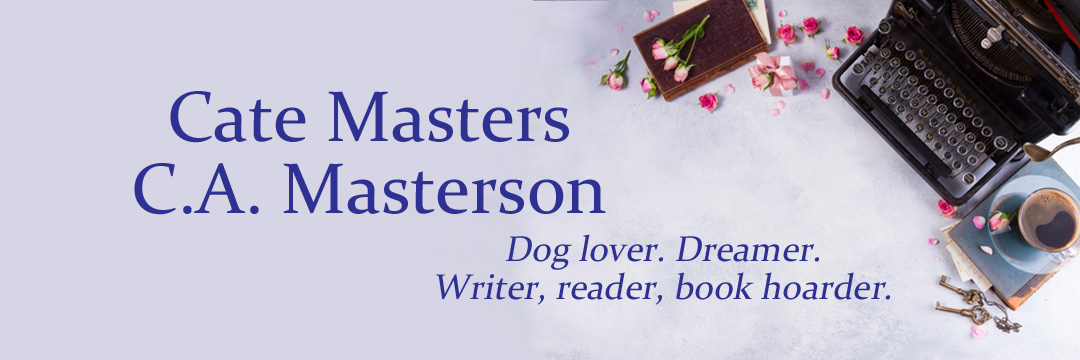Not all of us are lucky enough to be zapped with story lightning, that rare flash that occurs when we least expect it (and is probably least convenient, like when we’re sleeping or in the shower). Oh, I’ve been struck with it (both in the middle of the night and while in the shower). In extremely rare cases, the story flowed from head to paper almost fully formed. What a buzz!
Extremely rare being the operative words. In most cases, writers must decide where to begin. Lately I’ve become more conscious of other writers’ opening lines. Not all of us can make the impact of “Call me Ishmael” in our first sentence. Aim for an opener that will illustrate the theme of your story or establishes the character of your protagonist. If you can incorporate an open question to hook your reader, or a hint of the conflict, all the better.
Brandi Reissenweber warns in The Art of the Start not to overdo it. Don’t bedazzle your reader with an over-the-top first line if the rest of your story doesn’t follow with greater intensity or emotion or action, lest you disappoint him or her.
Be sure to sprinkle in setting details to ground your reader in the scene. No one likes to begin a story feeling lost in empty space, with two disembodied talking heads providing dialogue. Give them a visual. Be the director of your story – once you yourself have a vivid enough image to command: Action!
Susan Breen advises writers to rewrite The Opening Paragraph several times before deciding which works best. Not only for your readers – for yourself as well. If the first few lines don’t excite you enough to keep writing, they certainly won’t inspire anyone to keep reading. As much as a story is about the interplay between author and reader, it’s equally about the excitement that comes after writing something really great. You must feed your addiction to that high before you can give your reader a buzz, too.
